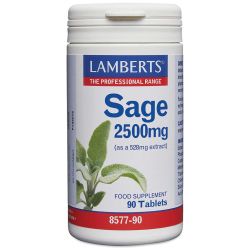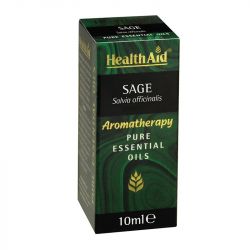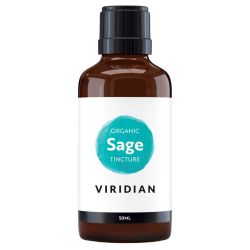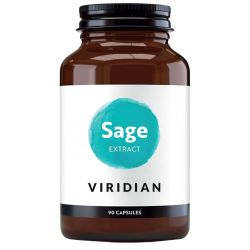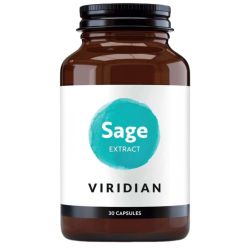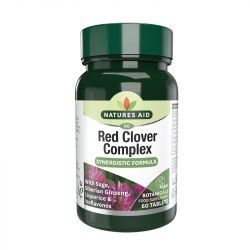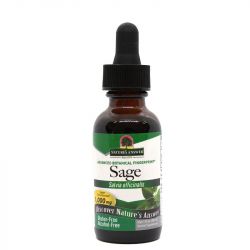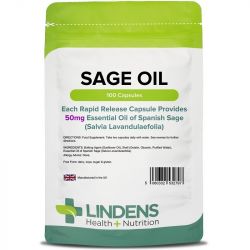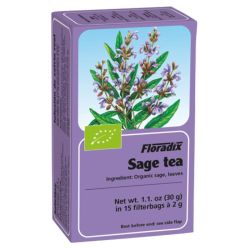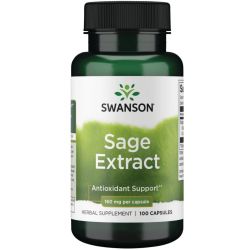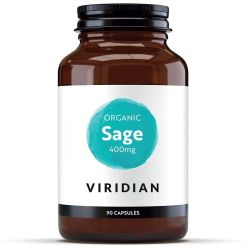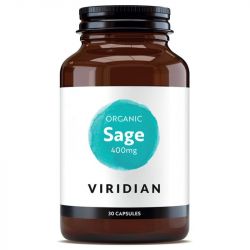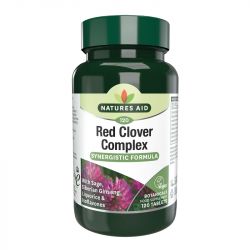Sage Leaf Supplements
Sage, scientifically known as Salvia officinalis, is a perennial herb native to the Mediterranean region and widely used for both culinary and medicinal purposes. Traditionally valued for its aromatic properties, sage has a long history of use in herbal medicine, particularly for its potential benefits in women's health.
Rich in antioxidants and anti-inflammatory compounds, sage is often recommended to help alleviate menopause symptoms, including hot flashes, night sweats, and mood swings. Its phytoestrogen content may mimic the effects of estrogen in the body, providing relief during this transitional phase. Additionally, sage is known for its potential cognitive-enhancing effects and digestive benefits.
Available in various forms, including dried leaves, teas, and supplements.
All you need to know about Sage Leaf
What are the benefits of sage leaf?
Sage leaf has multiple health benefits because it is naturally high in antioxidants, which helps the body to fight infection, viruses and free radicals. It can also aid cognitive function, oral hygiene, healthy blood sugar levels and low cholesterol levels. Sage leaf is high in chlorogenic acid, rosmarinic acid, ellagic acid, caffeic acid and rutin, which improve memory and cognitive function, and also help to lower the risks of developing cancer.
What are the side effects of sage leaf?
Sage in its fresh herb form has no reported side effects and is considered safe. However, research has indicated that dried sage contains thujone, a compound that could be toxic to the brain if too much is ingested. For this reason, sage tea should be taken in limited amounts, and you should consult your GP before taking sage supplements.
Is taking sage leaf good for menopausal symptoms?
Yes – studies have indicated that taking sage leaf supplements for up to 12 weeks at a time can help reduce symptoms of hot flushes, night sweats and hormone fluctuations that occur during menopause. Learn more on how sage can be used to relieve menopause symptoms here.
Can sage improve cognitive function?
Yes, sage has been studied for its potential cognitive-enhancing effects, with some research suggesting it may improve memory and mental clarity, making it beneficial for overall brain health.
Does sage interact with other medications?
Sage may interact with certain medications, particularly those affecting hormone levels and anticoagulants, due to its potential estrogen-like effects. It’s essential to consult a healthcare provider before starting sage supplementation if you are on medication.
Is sage effective for managing anxiety and stress?
Some studies suggest that sage may help reduce symptoms of anxiety and stress due to its calming properties. Inhaling sage essential oil may promote relaxation and improve mood.


